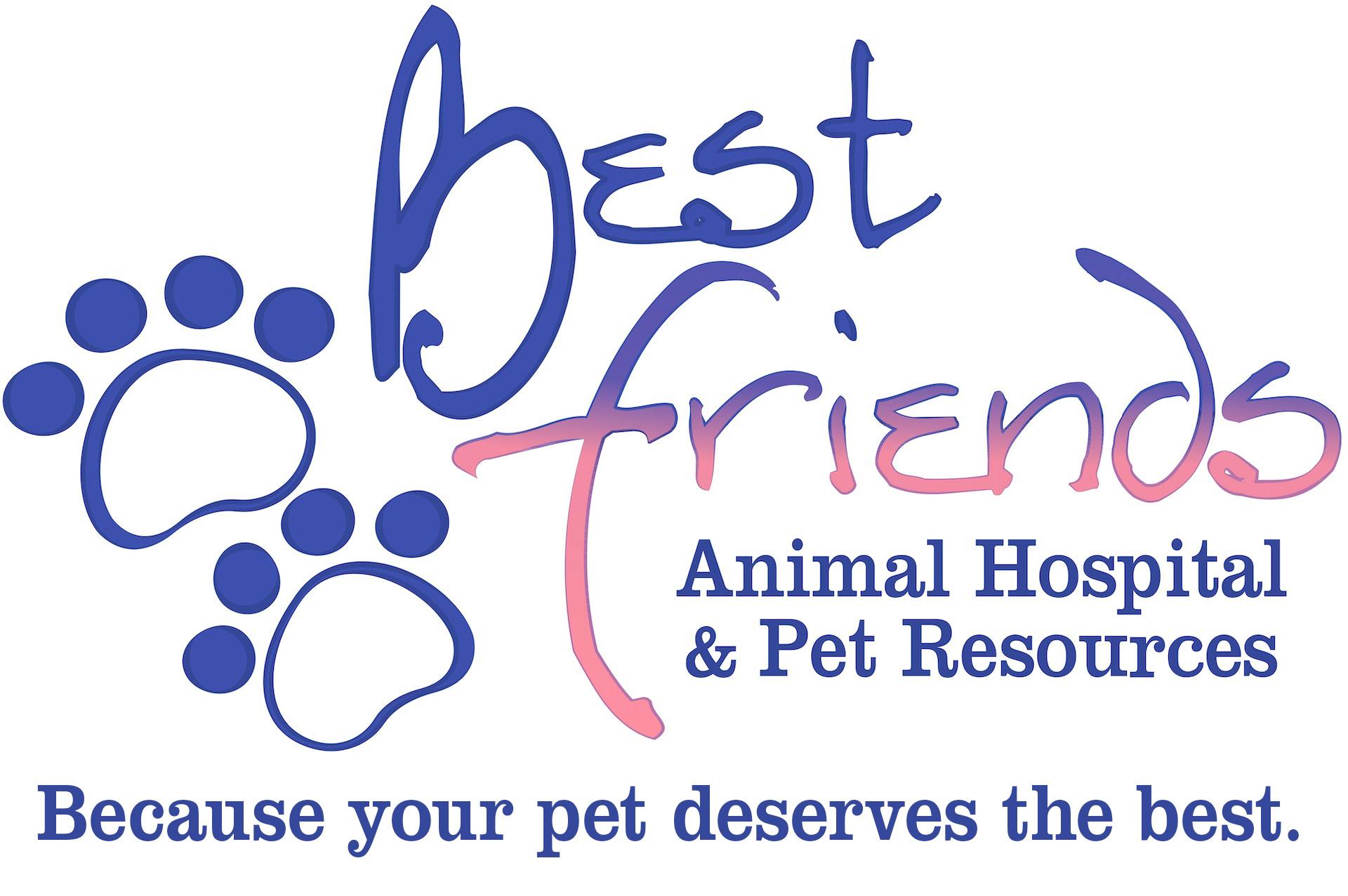Library
-
Iguanas make fairly good pets for the right owner. Since they can live up to 15 years and can grow up to 6 feet, proper housing and space must be considered for long-term care. Proper care, housing and nutrition is essential to help your iguana live a healthy life.
-
Iguanas face several health problems that need veterinary intervention for treatment or resolution, including cystic calculi, Salmonella, avascular necrosis, abscesses, and dystocia. Understanding these problems helps you better care for your pet and minimize future health concerns.
-
Vaccinations are important to prevent serious illness in cats. Even cats that spend all their time indoors should be vaccinated. Some viruses can be carried into your home on inanimate objects such as shoes and clothing, therefore infecting your cat without her coming into contact with another animal. Your veterinarian is your most important resource in determining what vaccinations you need to give your cat to keep her protected.
-
Vaccinations are important to prevent serious illness in dogs. Even dogs that spend all their time indoors should be vaccinated. Some viruses can be carried into your home on inanimate objects such as shoes and clothing, therefore infecting your dog without him coming into contact with another animal. Your veterinarian is your most important resource in determining what vaccinations you need to give your dog to keep him protected.
-
Tapeworm Infection in Cats
Los gusanos planos son parásitos intestinales de los perros y los gatos. Forman parte del grupo de los cestodos. Pertenecen a una familia diferente de la de los gusanos gancho y gusanos redondos, que son otros gusanos intestinales comunes en perros y gatos. Hay diferentes tipos de gusanos redondos infectivos en gatos. El más común de todos con diferencia es el Dipylidium caninum.
-
Roundworm Infection in Cats
Los gusanos redondos son uno de los parásitos intestinales más comunes en gatos. En gatitos, pueden llegar a provocar enfermedad grave, incluso la muerte. Cómo su nombre indica, son unos gusanos redondos y alargados, con una longitud media de 8–15 cm (3–6).
-
Parvovirus in Dogs
La infección por parvovirus canino es una enfermedad relativamente moderna que apareció por primera vez en 1978. Debido a la gravedad del proceso y su rápida propagación en la población canina, la parvovirosis constituye un problema de interés público.
-
Cats are curious by nature, which can lead them into trouble, especially when they ingest items not meant to be eaten, such as thread, wool, paper, rubber bands, plant materials, and small toys. While some will pass through the digestive tract, some foreign bodies can cause serious problems. This handout explains foreign bodies in the intestinal tracts of cats and reviews clinical signs, diagnostic tests, treatment, and the prognosis of these situations.
-
Caesarean Sections in Dogs - Post-Operative Instructions
Su perro ha sido sometido a una intervención de cirugía mayor. Que tenga una buena recuperación dependerá de que siga recibiendo ciertas atenciones en casa. Su papel en el período de la recuperación es tan importante como la cirugía que acabamos de realizar.
-
Post-Operative Instructions in Cats
Usted debería preparar para su gato una cama blanda y limpia, para mantenerlo caliente y limpio, y situarla idealmente en un ambiente tranquilo y limpio a una temperatura aproximada de 20–22 ºC (68–72º F).


